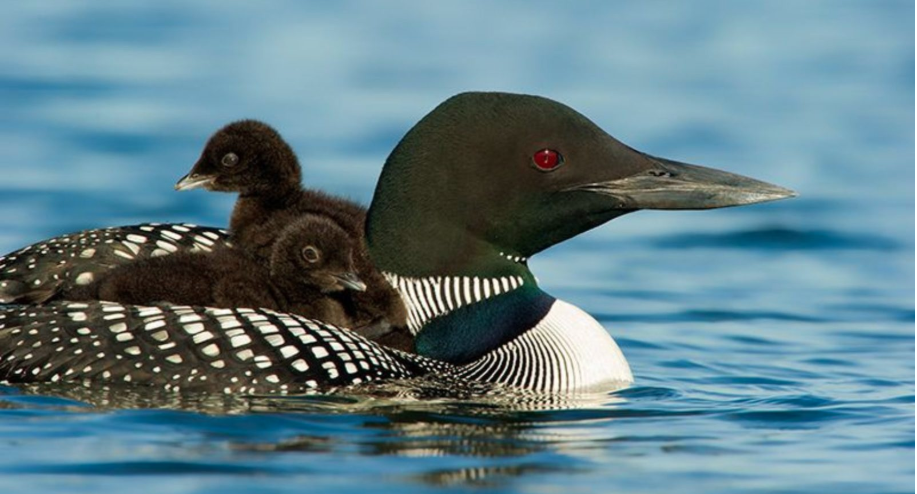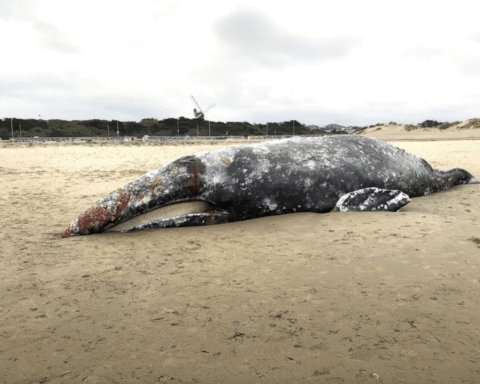*Go outside. Close your eyes. Listen. What do you hear? There’s a whole world around us that’s rich with Nature’s symphony, or, soundscape, that we are all inexorably linked to.
Do you suffer from anxiety, stress, depression, burnout or low energy? If so, spend 17 minutes each day quietly breathing in Nature, preferably next to big trees. It will miraculously recalibrate your brain and boost your autoimmune system.
Ecologists around the globe have deployed an array of long-term acoustic digital recorders with long life batteries, solar panel chargers and plenty of memory, eavesdropping on Nature 24/7, 365 days a year.
It turns out that every creature communicates. My colleagues are able to recognize this by recording Nature and then deciphering the vast range of sounds, species by species.
Musician, composer, audio engineer and field scientist, Dr Bernie Krause, is considered the father of soundscape ecology.
Soundscapes tell the environmental science stories of many different and often unseen living things, as well as providing insight into rare and intriguing sounds of weather events. In fact, it’s a tremendous way of observing Nature without disturbing it.
“A picture is worth a thousand words, a soundscape is worth a thousand pictures,” remarked a spry Krause.
Recording Nature in an arid ecosystem, especially during thunderstorm flooding events, divulges new information that’s otherwise unavailable.
Nocturnal toads awaken, they breed, birds appear then depart, tadpoles feast on shrimps, mature quickly, dig into the soil and enter into dormancy all within about three weeks. Then they wait for thunderstorms and the accompanying vibrations that reverberate into the earth and awaken them in the following year(s) to recommence their dance of survival.
The importance of all of these different global recordings within undisturbed ecosystems including coral reefs is vital for both understanding and protecting Nature. Once a baseline of soundscape ecology has been established, it enables my colleagues to compare a before and after of Man’s destruction of Nature, including ecosystems cooked to death from global heating.
Human generated noises, or, anthrophony, in cities and towns in addition to airplanes and helicopters in the sky has significantly reduced Nature’s sounds, or, biophony. Along with 250 billion metric tons of Man-made hideous chemicals poured into the biosphere annually, the Man-driven Sixth Mass Extinction is occurring 10,000 times faster than the previous five others. That’s 200 species each day, gone extinct.
Over the previous 50 years, Man has drowned Nature’s soundscapes. That’s lead Harvard University’s famed myrmecologist, or, ant scientist, EO Wilson, to warn: “Beware we have entered the Age of Loneliness, or, The Eremocene.”
“It’s probably the saddest sound I’ve ever heard from any form of life,” says Dr Bernie Krause. A grieving male beaver swimming at dusk crying because two game wardens senselessly dynamited its beaver lodge, killing the female and all her kits. Heartwrenching!”
Krause has 5,000 hours of soundscapes that contain about 15,000 creatures. Recently, he revealed that 50 percent of his archives come from habitats that no longer exist in any form. Those soundscapes have gone quiet or the habitat has been irreparably ruined. No homes. No creatures.
In 2015, Krause experienced his first silent spring in 76 years of living on Earth. Horrible. Unless humankind radically alters its accelerated destruction of Nature “our species will lose its relationship to the rest of the creature world of which we are very much a part of,” laments Krause.
We need action. Therefore, it’s up to each of us to make change now:
- Consume less.
- Refuse plastics.
- Switch to a plant-based diet.
- Remove your lawn. Revert to native water-thrifty plants and trees.
- Plant two food-bearing trees in your yard. Use woodchips around their bases to conserve water, build soils and encourage earthworms.
- Refuse to use any chemicals in your yard.
- Build a bee watering station. Fill a bowl with rocks or marbles allowing some of them to poke above the waterline. Bees need to perch whilst lapping water.
- Make your own backyard compost.
- Install raised beds and grow your own food.
- Build a bee condo and promote native bee populations.
- Vote for lawmakers that protect the people, the animals and the planet, not the planet-killing fossil fuel oligarchs and their repugnant subsidized-craving bankers.
- Join the non-violent resistance movement:Extinction Rebellion, Fridays for Future, School Strike 4 Climate, Sunrise Movement, 350.org,Sea Shepherd, David Suzuki Foundation and the Bob Brown Foundation.
There are vast areas of forest graveyards strewn across the continents and perhaps as little as 50 percent of all coral reef remaining. It’s an ecological emergency. We must protect the remaining ancient forests, wetlands, mangroves, sea grass meadows, all marine life, lakes, rivers, coral reefs, and the oceans.
It only takes 3.5 percent of the population, or, 275 million people, demanding change before the rest of the 7.7 billion others follow. This, ladies and gentlemen, is the greatest fight in seven million years of our lineage – are you in!
#Resist
#GoVegan
#KeepItInTheGround
#NoMoreColamines
#FightForTheBight
#ConsumeLess
#RefusePlastics
#EcologicalBreakdown
#ClimateJustice
#LoveNature
#LoveIsTheSolution
•••••••••••••••••••••••••••••••••••••••••••••
Dr Reese Halter is an award-winning broadcaster, distinguished conservation biologist and author.
Dr Reese Halter’s latest book is
Love! Nature
Tweet @RelentlessReese
•••••••••••••••••••••••••••••••••••••••••••••












